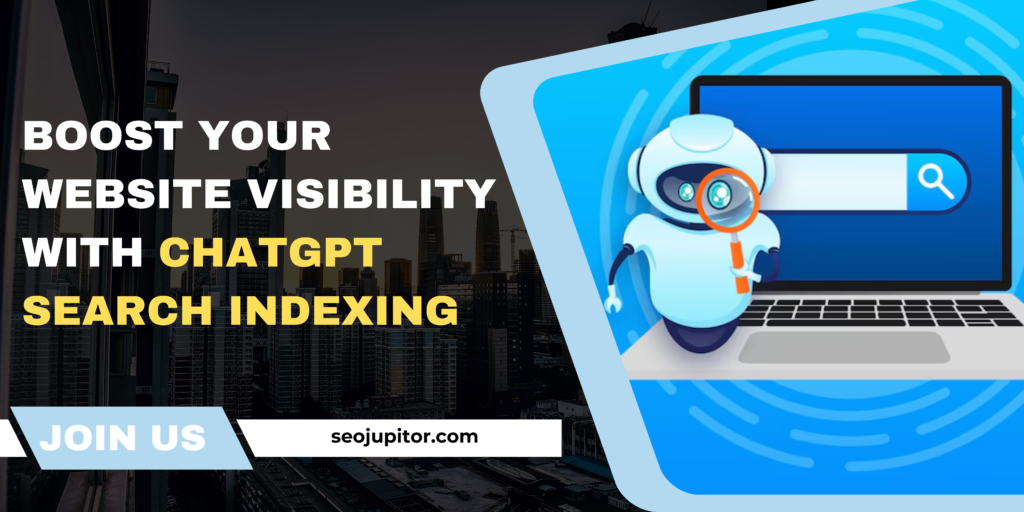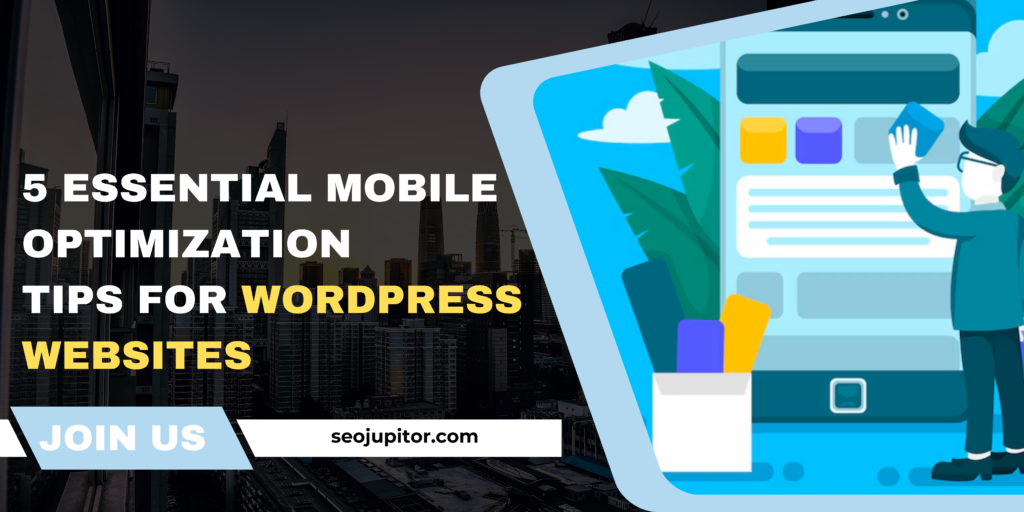As artificial intelligence continues to evolve, tools like ChatGPT have become indispensable in shaping how information is accessed online. With ChatGPT’s ability to process and retrieve vast amounts of data, its role in search indexing and website visibility is becoming increasingly significant. If you want your website to gain more visibility and traffic, understanding and optimizing for ChatGPT Search Indexing processes is key.
This guide explores what ChatGPT search indexing is, why it matters, and how to leverage it to boost your website’s visibility.
What Is ChatGPT Search Indexing?
ChatGPT search indexing refers to the process by which AI systems like ChatGPT retrieve and display information from indexed sources when responding to user queries. Unlike traditional search engines that rely solely on crawlers to analyze and rank websites, ChatGPT uses a blend of pre-existing datasets and dynamic web information to deliver responses.
The importance of ChatGPT search indexing lies in its ability to present specific, contextually relevant information directly to users, bypassing traditional search engine results pages (SERPs) in many cases. This makes it crucial for website owners to ensure their content is accessible, accurate, and optimized for ChatGPT’s indexing mechanisms.
Why Does ChatGPT Search Indexing Matter?
- Increased Content Accessibility:
ChatGPT’s indexing allows users to access concise and direct answers from your website, improving the likelihood of attracting an audience. - Enhanced Visibility in Conversational AI Tools:
As conversational AI becomes a primary source of information for users, optimizing for ChatGPT ensures your website stays relevant and visible in this new search paradigm. - Better User Experience:
By presenting your content in a format that ChatGPT can easily interpret, you’re making it easier for users to find valuable information without sifting through multiple sources. - Competitive Edge:
Businesses that adapt to AI-driven indexing systems can outperform competitors who stick solely to traditional SEO methods.
Key Steps to Boost Visibility with ChatGPT Search Indexing
1. Optimize for Structured Data
ChatGPT relies on structured, clear data to extract and present accurate information. Use schema markup on your website to help AI tools understand your content’s context. For example:
- Use FAQ schema to ensure your frequently asked questions appear directly in responses.
- Add breadcrumb schema to enhance navigation and indexing clarity.
2. Create High-Quality, Relevant Content
AI tools like ChatGPT prioritize content that is clear, concise, and authoritative. To improve visibility:
- Focus on long-form content with clear headings and subheadings.
- Use bullet points and lists to make information digestible.
- Cover topics in-depth while maintaining relevance to your target audience.
3. Leverage Natural Language Keywords
ChatGPT often mirrors how users ask questions in natural, conversational language. Optimize your content with keywords and phrases that match this style. For instance:
- Instead of “Best Smartphones 2025,” use “What are the best smartphones in 2025?”
4. Build a Strong Internal Linking Strategy
Linking your pages internally allows ChatGPT to follow connections and understand your website’s structure better. It ensures that critical pages receive enough visibility and contextual relevance.
5. Ensure Mobile-Friendliness and Fast Load Times
While traditional SEO already emphasizes mobile optimization, it is equally important for ChatGPT indexing. Ensure your website is:
- Fully responsive on all devices.
- Optimized for fast load times using tools like Google PageSpeed Insights.
6. Focus on Conversational Content
ChatGPT thrives on conversational-style writing. Create content that directly answers common user questions in a friendly and engaging tone. For example:
- Write blog posts that start with questions like, “What is the best way to…”
- Include conversational FAQs with short, precise answers.
7. Regularly Update Your Content
ChatGPT values up-to-date and accurate information. Regularly review and update older posts with fresh insights, updated statistics, or improved formatting to ensure they remain relevant.
8. Submit Content Directly to AI Platforms
Some platforms allow content submission for better indexing. While ChatGPT currently doesn’t support direct submissions, staying updated on future developments and exploring integrations with OpenAI APIs could provide early advantages.
Challenges and How to Overcome Them
1. Dynamic Nature of AI Indexing
Unlike traditional search engines, AI tools like ChatGPT rely on training datasets that might not include all updated web pages.
Solution: Continuously monitor emerging trends in AI and adapt your content to align with their indexing preferences.
2. Limited Control Over Output
ChatGPT summarizes or rephrases content, which may alter its intended meaning or omit key details.
Solution: Write clear, unambiguous content and ensure critical information is prominently highlighted.
3. Competitive Saturation
As more websites optimize for AI-driven search, standing out can become harder.
Solution: Invest in creating unique, high-value content that addresses niche user needs effectively.
Benefits of Optimizing for ChatGPT Search Indexing
- Higher Organic Traffic:
Users rely on ChatGPT for direct answers, driving traffic to websites that provide the best, most relevant content. - Improved Brand Authority:
Being referenced by AI tools like ChatGPT builds trust and enhances your reputation as an authoritative source in your field. - Diversified Traffic Sources:
By optimizing for both traditional SEO and ChatGPT indexing, you tap into a broader range of search behaviors.
The Future of Search Indexing with ChatGPT
As ChatGPT and similar tools continue to evolve, search indexing will likely become more dynamic and conversational. Future advancements may include:
- Real-Time Indexing: AI tools could access and index newly published content almost instantaneously.
- Increased Integration with E-Commerce: Websites could integrate product catalogs directly with AI responses for better shopping experiences.
- Enhanced Voice Search: With the rise of voice-activated assistants, optimizing for conversational queries will become even more crucial.
Conclusion
ChatGPT search indexing represents a shift in how users interact with online information. By understanding its nuances and tailoring your website to meet its requirements, you can significantly boost your visibility and traffic. From optimizing structured data to creating conversational content, every step contributes to ensuring your website remains competitive in an AI-driven search landscape.
As AI tools continue to redefine search, staying ahead of these trends will be essential for long-term success. By embracing ChatGPT search indexing, you’re not just keeping up—you’re positioning your brand for future growth.




